
Mental, Behavioral and Development Health
Latest News
Latest Videos

CME Content
More News

An assessment into development scores before, during and after the COVID-19 pandemic show children aged 0 - 5 years old may only had been minimally impacted in communication and problem-solving skills.

Medicaid registry data show parents and guardians whose children have been referred to CPS are more than 3-fold likely to have a substance use disorder.

A new study explored increased health care utilization of children among several specific sleep disorders, race, and age.

NeuroStar Advanced Therapy becomes the first and only transcranial magnetic stimulation therapy cleared by the FDA as an adjunct treatment for patients 15 years and up with depression.
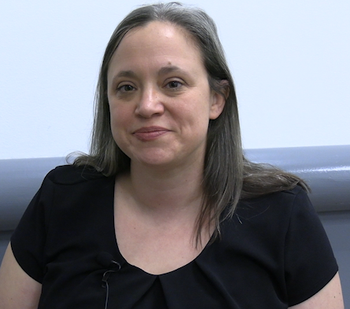
Cynthia Chew, DNP, CPNP-PC, IBCLC, assistant professor, University of Pittsburgh, breaks down her session, "The Why and How of Screening for Perinatal Mental Health Disorders in Pediatric Primary Care," presented at NAPNAP 2024.

"We cannot lead, innovate, and learn if we do not listen to those we seek to serve. Listening is the foundation of trust and trust is the foundation of every therapeutic alliance."

Experts highlight the importance of mental health screening at well-child visits.
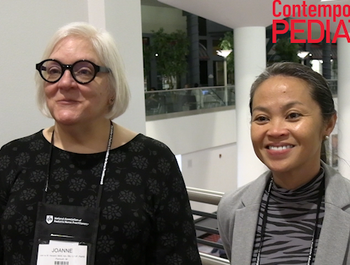
Psychopharmacologic agents used in the pediatric population from the perspective of their interactions with receptor targets in the brain and body.

Access to mental health care for youth living in rural areas presents several challenges. Jennifer Marr, DNP, APRN, CNP, PNP-C, explains how a mobile mental health clinic could expand care.

The Tennessee STAT tool was associated with improved primary care provider perspective and confidence to lead, rather than refer, on pediatric autism diagnosis.

In 2021, pediatric mental health conditions were associated with $31 billion in child spending and $59 billion in household spending, which made up 46.6% of all pediatric medical spending that year.

Research has demonstrated that SGDY exhibit significantly elevated incidence of mental health diagnoses and conditions compared with their counterparts, including higher rates of suicidality, depressive and anxiety disorders, and substance misuse.

In the study period and among individuals aged 12 to 24 years, mental health-associated visits increased nearly 2-fold from 2006 to 2019.
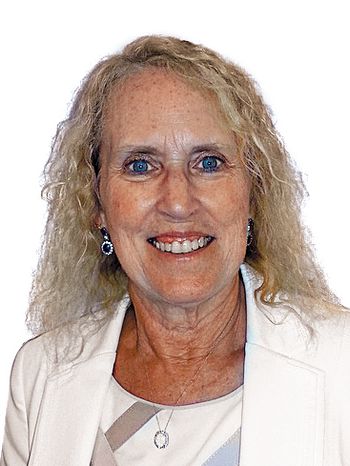
Donna Hallas, PhD, CPNP, PPCNP-BC, PMHS, FAANP, FAAN, believes behavioral health is currently at the forefront of pediatric health care and explains how simple questions can lead to better care for a child.
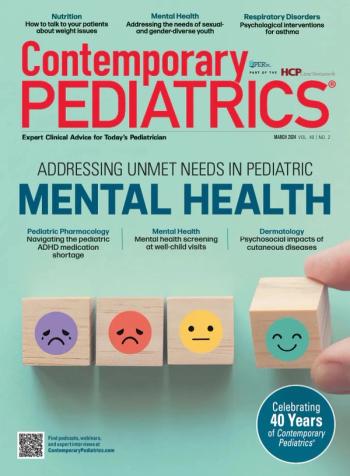
Editor-in-chief Tina Tan, MD, FAAP, FIDSA, FPIDS, highlights our March Mental Health issue of Contemporary Pediatrics.

"Collaboration can help us make more accurate diagnoses, develop more effective multimodal treatment plans, and monitor progress in many areas," said James Wallace, MD.

A new study found female teens and young adults were more likely to have an increased antidepressant dispensing rate during the pandemic than male peers.

A cohort analysis from Japan shows that more visible symptoms—though considered less clinical by experts—may be indicative of heightened suicidal behavior in teenagers.

A new recommendation statement from the Preventive Services Task Force remains inconclusive on the benefits versus risks of asymptomatic screening for speech and language delay disorders.

While at the 2023 American Academy of Pediatrics National Conference & Exhibition, Steven Selbst, MD, spoke with Contemporary Pediatrics® about current trends in pediatric emergency medicine, and highlighted the ongoing mental health crisis.
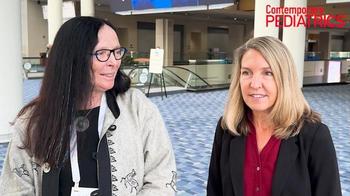
In this Contemporary Pediatrics® interview, Marian F. Earls, MD, MTS, FAAP, and Kori Flower, MD MS MPH, FAAP, discuss their session "How to Include Screening for Social Emotional Health in Your Practice," presented at the 2023 American Academy of Pediatrics National Conference & Exhibition.

Cassidy Foley Davelaar, DO, FAAP, CAQSM, shares some of the findings from her research on how social media affects young athletes and their body image at the 2023 American Academy of Pediatrics National Conference & Exhibition.
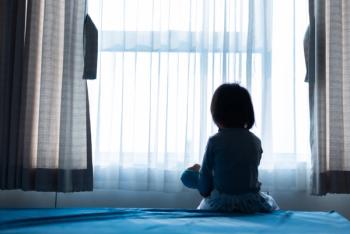
Varsha M. Puri, DO, shares her latest research on how childhood sexual abuse and incest affect experiences and behaviors in adulthood, which was presented in a poster session at the 2023 American Academy of Pediatrics National Conference & Exhibition.

In this Q&A, Kristine H. Schmitz, MD, explains her team's recent research on paternal depression and adverse childhood experiences during the 2023 American Academy of Pediatrics National Conference & Exhibition.

A sneak peek at some of the most exciting sessions at this year's American Academy of Pediatrics national conference.

















